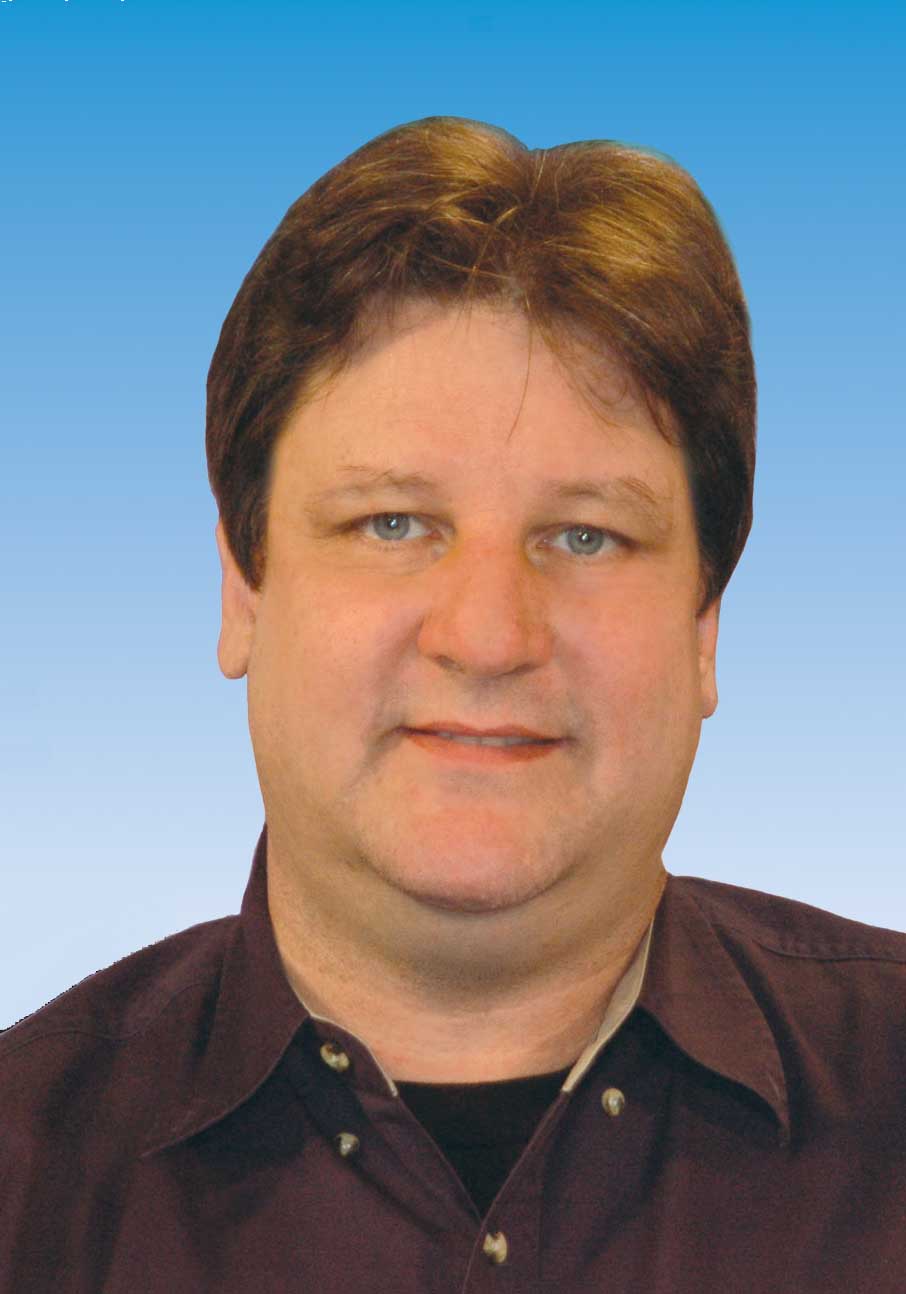Hi, I'm Paul Rako. I not only write about analog, I love analog. Heck, I
am analog. I consider analog to be the highest calling one can have in
this world.

Like a lot of analog engineers I got into analog because of my interest in music. I was hacking up JFET amplifiers for my Stratocaster and playing with those old bucket-brigade ICs from Radio Shack back in the early 1980s. Back then all my pals told me to go digital. It felt like an opium den, all the constant social pressure to "go digital." They told me the future was digital and if I didn't "go digital" I would be homeless and begging on the streets of Silicon Valley with a tin cup.
Well, the joke is on them. I followed my passion and read every EDN magazine cover-to-cover. (That is why I am so honored and feel such a responsibility to carry on the torch here.) Today we all know that analog engineers command a significant salary advantage and all the outsourced jobs were software and digital. I get calls from headhunters every day and my old boss Al Kelsch told me that an analog IC designer is never without a job.
I am proud because I chose analog before analog was cool and back when we all thought it would be a personal and professional sacrifice to be analog. How nicely it has worked out that society has recognized the intrinsic value in people that can conceive, analyze, and create in shades of grey rather than just the simplistic black and white of digital or the clerical work of software.
I shudder when Wired magazine uses "analog" as a term of opprobrium, such as saying: "That is so analog, you idiot." They are the idiots. I was at my pal Dave Ruigh's shop. He owns a record lathe. He mentioned that a fresh-cut shellac master has better signal-to-noise than a CD. I scoffed, "Heck Dave, a CD is 16 bits and that is 96 dB right there with no oversampling or dithering or anything else." So he cuts a record from his 24 track 2-inch tape deck. The needle hits the record and there is the thump, but no hiss or clicks or pops. This is a virgin shellac--just playing it ruins it, you are supposed to make a copper master from it to press vinyl. The music starts. Wow, 118 dB. Yeah, I can vouch for it, better than a CD.
Another friend has one of those old 5W analog car phones, the ones with the regular old-style handset and an enclosure the size of a toaster. He doesn't have any dropped calls or out-of-range problems. He gets reception in tunnels and everywhere in downtown Oakland or San Francisco.
So don't skwunch up your nose and tell me that analog is inferior. I will be too busy filing you under "moron" to hear anything you say after that.
I was at an analog conference years ago and a boss said it was easier to teach an analog person digital than to teach a digital person analog. The room exploded in laughter. No kidding, Sherlock. Analog is hard. That's why it attracts such interesting people.
In fact, the people you get to hang around with are the real reason to love analog. Analog has the...how shall I say? Characters. My pal Bob Pease. Wild Bill Klein down in Texas. And analog has women, and the best ones on the planet: Bonnie Baker and EDN's very own Margery Conner, for example. Don't forget Jim Williams and Ron Mancini and all the crazy IC designers like Widlar, Fullagar, Erdi, Jung, and Fredrickson. Every one of them a personality and every one a joy to hang around with. Heck, just call up EDN's former analog editor, Joshua Israelsohn, and ask him what kind of shoes he's wearing.
Now, there is nothing wrong with digital. As an analog guy I like digital and as a consultant I spent plenty of time writing machine code for Z-80s on up to Atmels. An embedded system is even more analog than pure analog since it includes mixed-signal elements.
I like all electronics, but I love analog. I hope you will love analog too.
